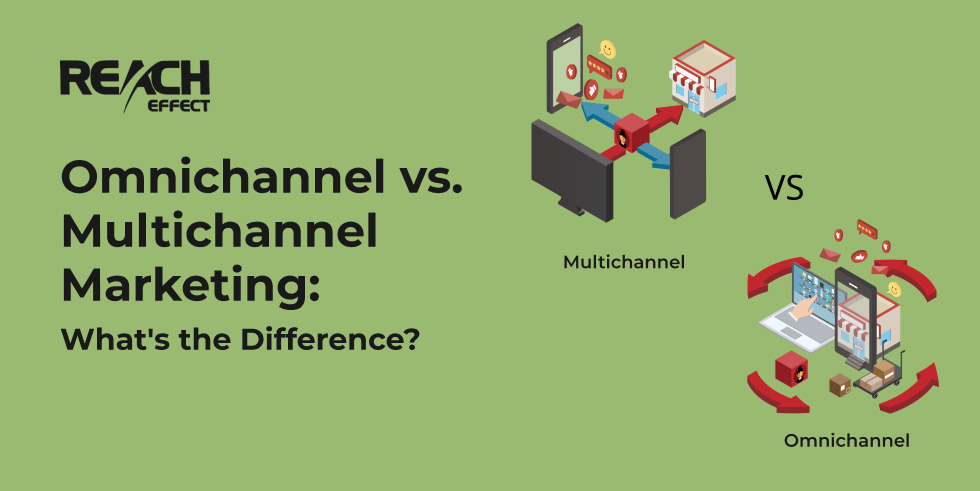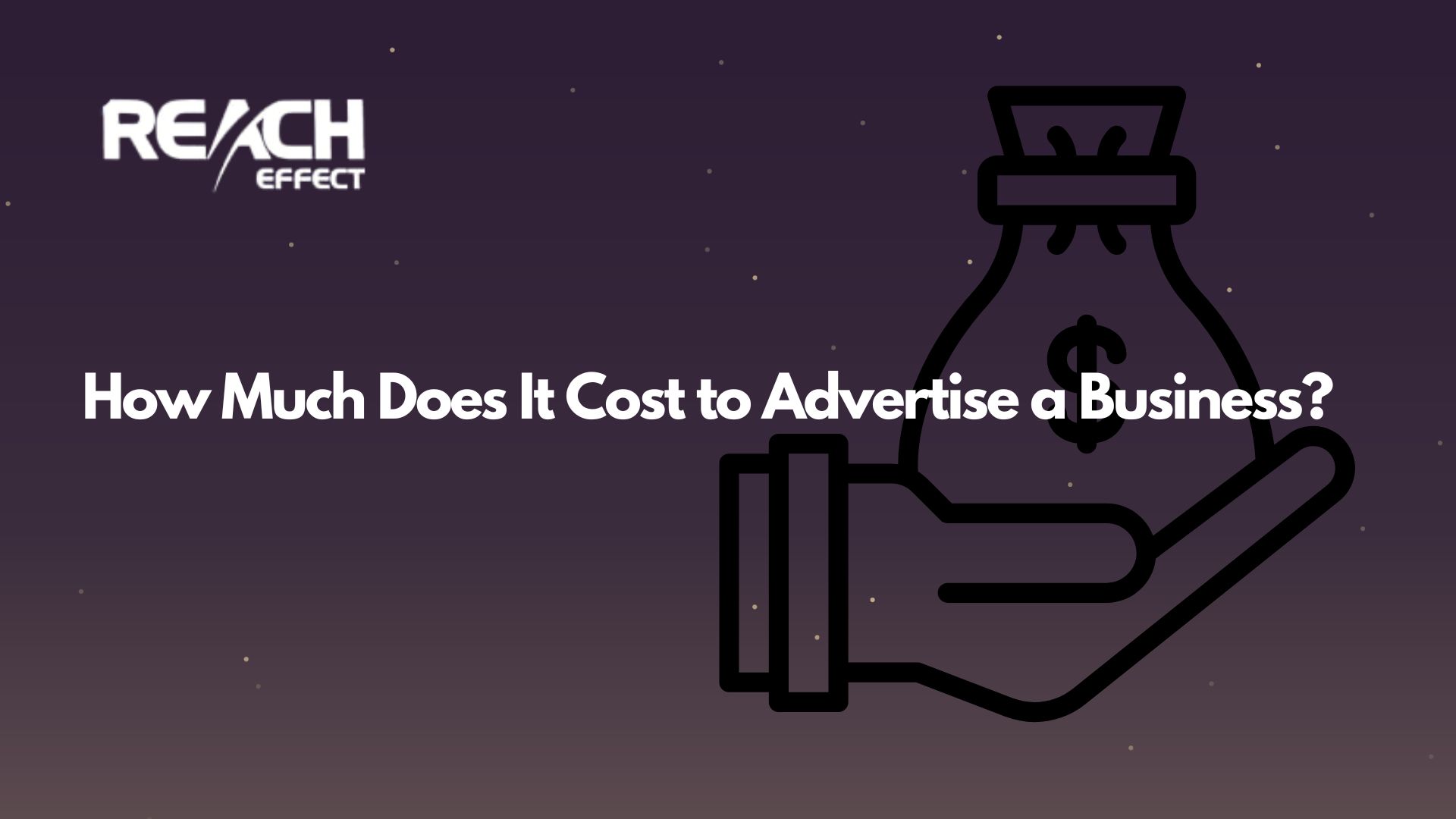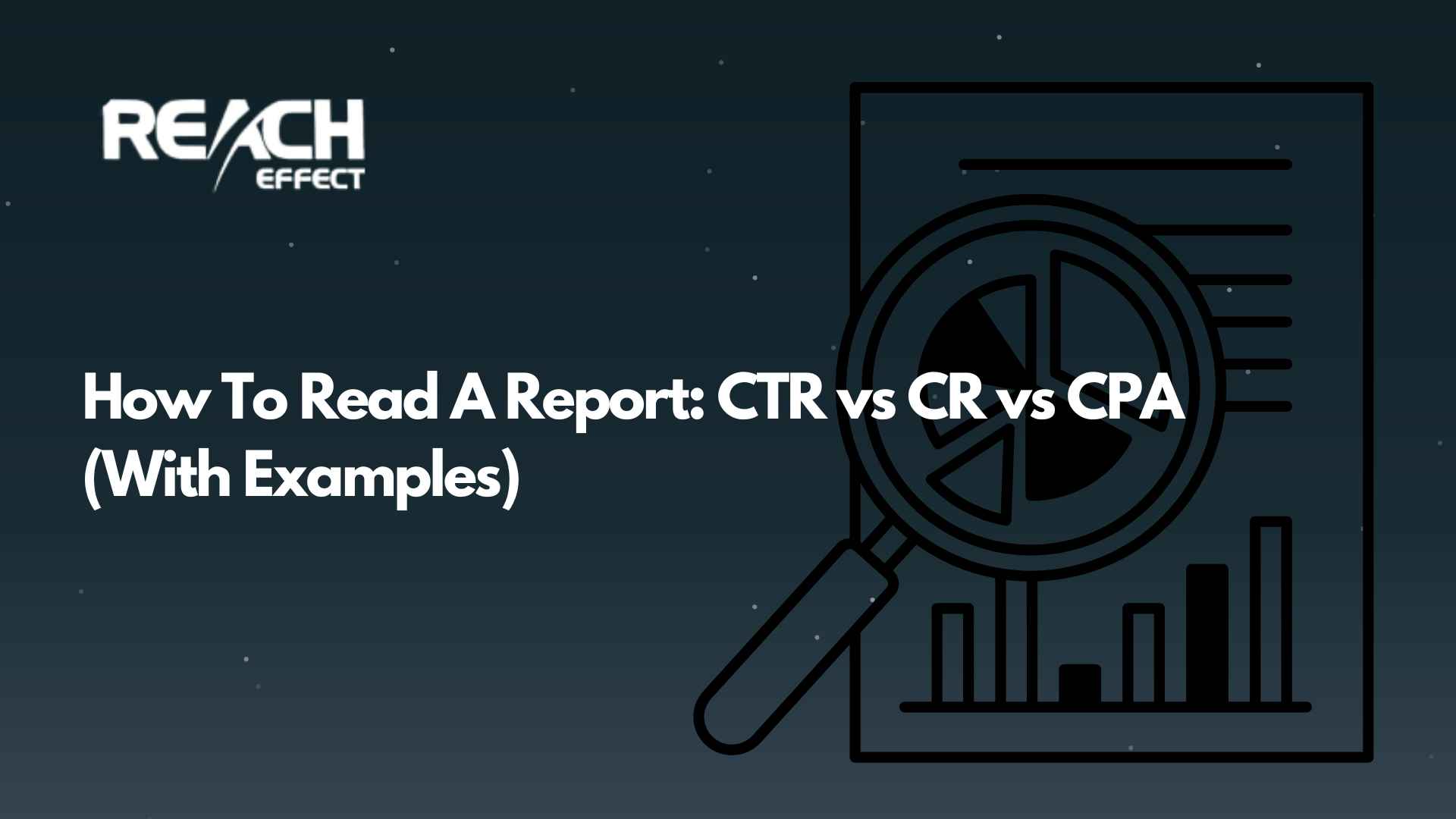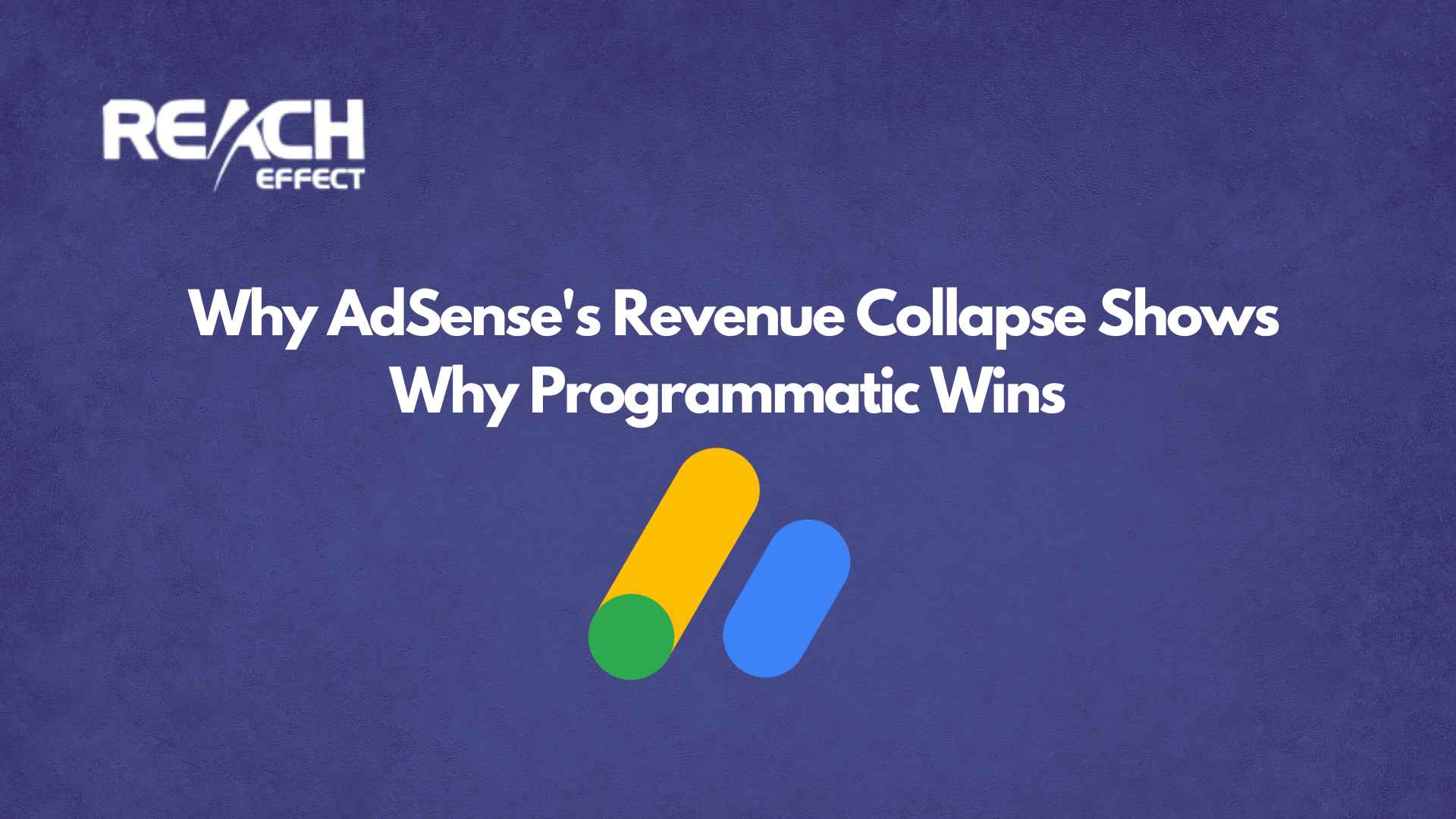Similar principles are frequently seen in present-day marketing discourse. They are frequently used interchangeably but have distinct meanings. Businesses are striving to improve their outreach methods. Understanding the distinctions between the techniques is crucial.
Both concepts involve interacting with customers across multiple platforms. The nuances lie in their execution and strategic focus. Delving deeper into omnichannel vs. multichannel marketing reveals contrasting methodologies and outcomes. Each has its own set of benefits and challenges. Clarifying this disparity is essential for companies looking to improve their marketing strategies. It is important for those wishing to connect with their target audience in a complex digital environment.
Understanding Omnichannel Marketing
This integrated approach aims to provide customers with a seamless and integrated experience. This happens across all channels and touchpoints. Multichannel marketing involves interacting with customers through various channels independently. Omnichannel one prioritizes cohesion and continuity in their journey. Businesses can create a unified brand experience that enhances customer satisfaction and loyalty. They need to orchestrate interactions seamlessly across online and offline channels. Understanding the fundamental principles and strategies behind omnichannel marketing is essential. It helps businesses leverage their potential to drive engagement and revenue effectively.
Understanding Multichannel Marketing
This involves engaging with clients through multiple channels simultaneously. Among them are social media, email, websites, and physical stores. Omnichannel marketing emphasizes seamless integration across channels. And when we talk about the difference between omnichannel and multichannel, multichannel focuses on maximizing exposure and reaching customers through various touchpoints. It offers a broader reach. The challenge lies in maintaining consistency and coherence across disparate channels. Understanding the fundamentals of multichannel marketing is essential for businesses. It helps expand their reach and connect with diverse audiences across different platforms.
Differences Between Omnichannel and Multichannel Marketing
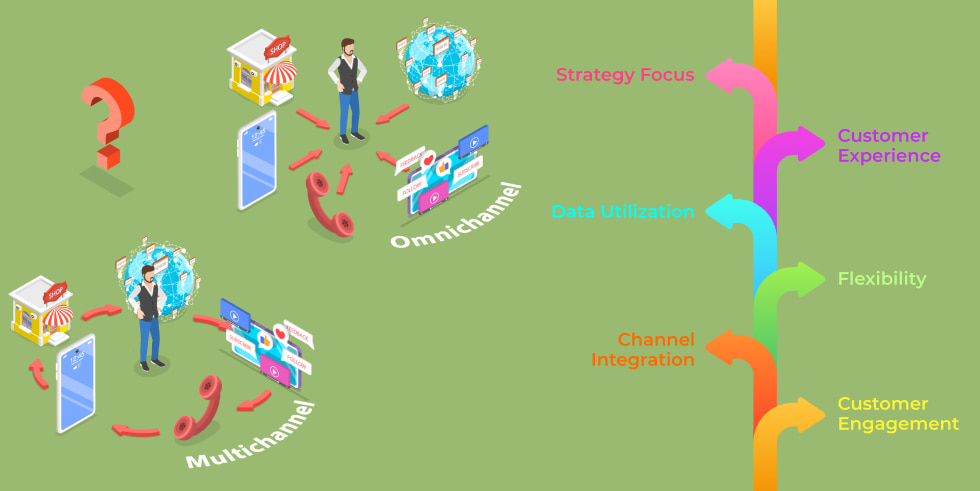
The difference between omnichannel and multichannel lies at the core of modern marketing tricks. Both approaches involve engaging clients across multiple channels. Their fundamental difference lies in their strategic orientation towards customer experience. Understanding the nuances between omnichannel and multichannel marketing is essential. It helps businesses to optimize their outreach strategies and enhance customer satisfaction:
- Strategy Focus: Multichannel operates channels independently, while omnichannel integrates them seamlessly.
- Customer Experience: Multichannel offers varied but disconnected experiences; omnichannel provides consistent, interconnected interactions.
- Data Utilization: Multichannel gathers fragmented data; omnichannel integrates data for personalized insights.
- Channel Integration: Multichannel lacks coordination; omnichannel ensures real-time communication and data sharing.
- Flexibility: Multichannel is simpler to implement; omnichannel requires investment but offers adaptability.
- Customer Engagement: Multichannel lacks personalization; omnichannel delivers tailored engagement.
Benefits of Omnichannel Over Multichannel Marketing
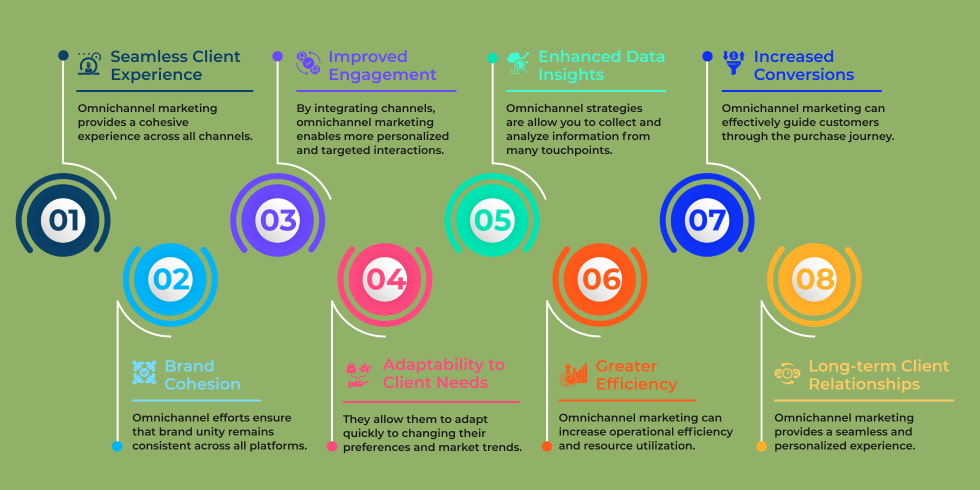
Utilizing omnichannel vs. offers several advantages over traditional omnichannel marketing. Among them are:
- Seamless Client Experience: Omnichannel marketing provides a cohesive experience across all channels. It enhances client satisfaction and loyalty.
- Improved Engagement: By integrating channels, omnichannel marketing enables more personalized and targeted interactions. They are leading to higher customer engagement.
- Enhanced Data Insights: Omnichannel strategies are vital. They allow you to collect and analyze information from many touchpoints. They provide deeper insights into customer behavior and preferences.
- Increased Conversions: Omnichannel marketing has a unified approach. It can effectively guide customers through the purchase journey. Such benefit results in higher conversion rates.
- Brand Cohesion: Omnichannel efforts ensure that brand unity remains consistent across all platforms. It reinforces brand identity and trust.
- Adaptability to Client Needs: Omnichannel strategies are crucial for businesses. They allow them to adapt quickly to changing their preferences and market trends. It ensures ongoing relevance and competitiveness.
- Greater Efficiency: Omnichannel marketing can increase operational efficiency and resource utilization. It streamlines processes and communication across channels.
- Long-term Client Relationships: Omnichannel marketing provides a seamless and personalized experience. It fosters stronger, long-term customer relationships, leading to higher lifetime value.
Adopting an omnichannel approach offers businesses a competitive edge in today’s digital area.
Conclusion
Distinguishing between omnichannel vs. omnichannel marketing is essential. The terms may appear similar, but they denote distinct concepts. Omnichannel refers to the seamless integration of client experiences across channels. It ensures consistency and coherence. Conversely, this marketing encompasses the strategic approach of orchestrating these integrated experiences. It helps to maximize customer engagement and satisfaction. Understanding this disparity is critical for companies using our platform. We help to optimize your marketing strategies. Also, we help to deliver exceptional experiences in an increasingly complex digital landscape.
[insert-buttons] [/insert-buttons]

